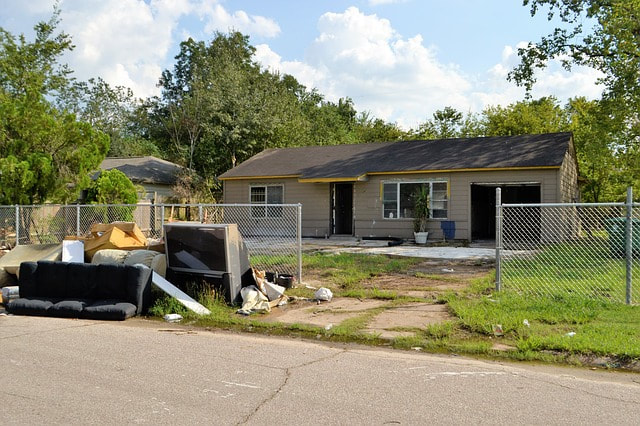|
As a landlord, part of the job description involves clearing out the property after your tenants move out. If you’re lucky, you should just be handling trash such as old newspapers, takeout boxes, and other items that belong nowhere but the trash bin.
Some tenants, however, may leave things of value such as appliances, furniture, and even clothes. While the temptation to throw this out might be hard to ignore, there are certain steps that you need to undergo first to avoid facing serious liability.
The law may vary from one state to another, but this article may serve as general guidance to your predicament.
Step 1: Consider the circumstances surrounding your tenant’s departure. Handling belongings left by your tenant is often circumstantial. For example, if it’s a simple case of your tenant moving out after his/her lease has expired, most states will generally give you freedom to dispose of any item left behind. On the other hand, if they have vacated the property without due notice, there might be a different approach required. Step 2: Revisit your rental agreement. Your rental contract should involve the handling of property left behind. So before you take action, make sure that you double-check your rental agreement to see if you can throw away their belongings--who knows, maybe you can even go after your former tenants for disposal fees. Tip: If your current rental contract does not stipulate anything regarding abandoned property, make sure that you add a clause about it, moving forward. Your legal advisor or lawyer should be able to help you figure out the specification of this additional clause. Step 3: Communicate with your former tenant. If possible, make sure that you check in with your former tenants regarding the properties that they have left behind. Be it a legal notice, a quick phone call, or email communication, they should be given the option to collect their belongings before you get rid of them. Make sure to check your state’s notification requirements. Step 4: Handle the disposal of the items left behind. If you have gone through all the necessary steps and your tenant still has not returned to claim their belongings, you can now start to think of your disposal options. Unless the state law requires you to surrender the abandoned properties to the state, you might want to consider the following options: ● Throw the belongings away While this may be the most obvious choice, clean-up costs can be a little steep. The good news is that this can be legally deducted to the security deposit that your tenant has provided when they moved in. ● Sell the belongings Selling off these items is a viable option as well. Make sure to check in with your state as to the handling of the proceeds. Handling abandoned property is not always as easy as throwing them in the bin. However, as long as you try to understand rental and tenant laws in your area, you should be able to go about the process smoothly and with minimal monetary risk.
This post is provided by Verify Tenant, helping landlords and property managers reduce the risks of renting with fraud prevention tools that include Tenant Screening, Tenant Background Checks, (U.S. ,Canada and International), as well as Criminal Background Checks, and Eviction Reports (U.S. only).
0 Comments
Leave a Reply. |
Archives
February 2023
Categories
All
|


 RSS Feed
RSS Feed



